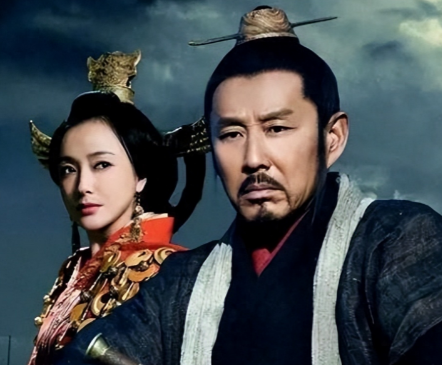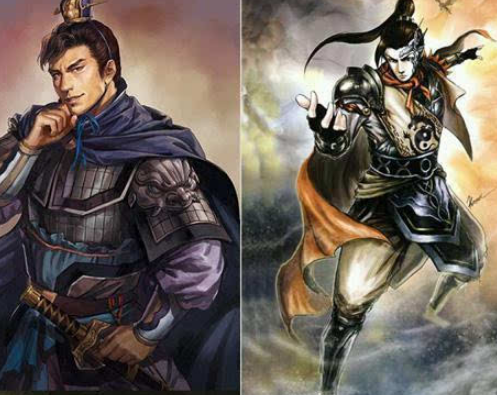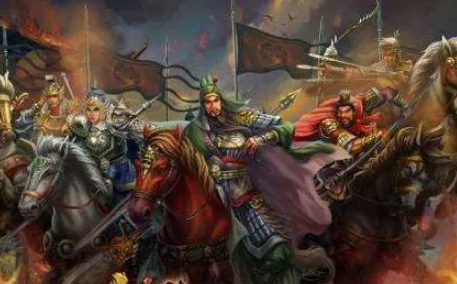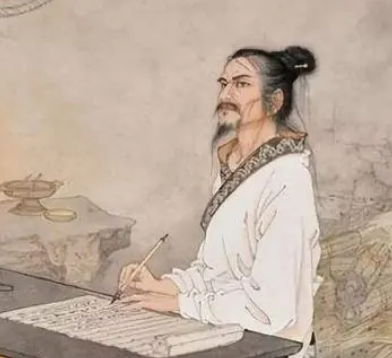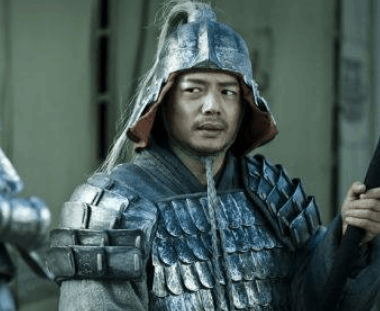The Five Dynasties and Ten Kingdoms period was one of the most tumultuous times in Chinese history. During this period, there were frequent changes of political power in the Central Plains, and continuous wars. In the south, ten separate kingdoms emerged. So, how did such a turbulent and changing era come about?

Firstly, we need to trace back to the late Tang Dynasty. At that time, the rule of the Tang Dynasty had become nominal, and local military governors (known as Jiedushi) held actual power, forming a situation of fiefdom separatism. These fiefdoms constantly fought each other, resulting in continuous wars. Finally, Zhu Wen overthrew the Tang Emperor Ai and established the Later Liang, marking the beginning of the Five Dynasties and Ten Kingdoms period.
The Five Dynasties refer to the five brief dynasties of the Later Liang, Later Tang, Later Jin, Later Han, and Later Zhou. The changes in these dynasties were mainly due to the incompetence and misrule of the emperors, as well as the usurpation of power by powerful ministers. For example, the Later Liang was destroyed by its prime minister Li Maozhen, while the Later Tang was established by Li Cunxu, the son of Li Keyong.
At the same time as the changes in the Five Dynasties, ten separate kingdoms also emerged in the south, known as the Ten Kingdoms. These kingdoms included the Former Shu, Later Shu, Wu, Nantang, Former Yan, Later Yan, Nanhan, Beihan, Jingnan, and Chu. The formation of these kingdoms was mainly due to the independence of local warlords and the intensification of ethnic conflicts.
The formation of the Five Dynasties and Ten Kingdoms period marked a new stage in Chinese history. Although there were frequent wars during this period, it also gave birth to many cultural developments. For example, the poems of Li Yu, the last emperor of the Later Tang, were praised as "the emperor among poets" and had a profound influence on later generations.
Overall, the Five Dynasties and Ten Kingdoms period was a time of turmoil and transformation. Its formation marked a turning point in Chinese history and laid the foundation for the subsequent unification of the Song Dynasty.
Disclaimer: The above content is sourced from the internet and the copyright belongs to the original author. If there is any infringement of your original copyright, please inform us and we will delete the relevant content as soon as possible.










